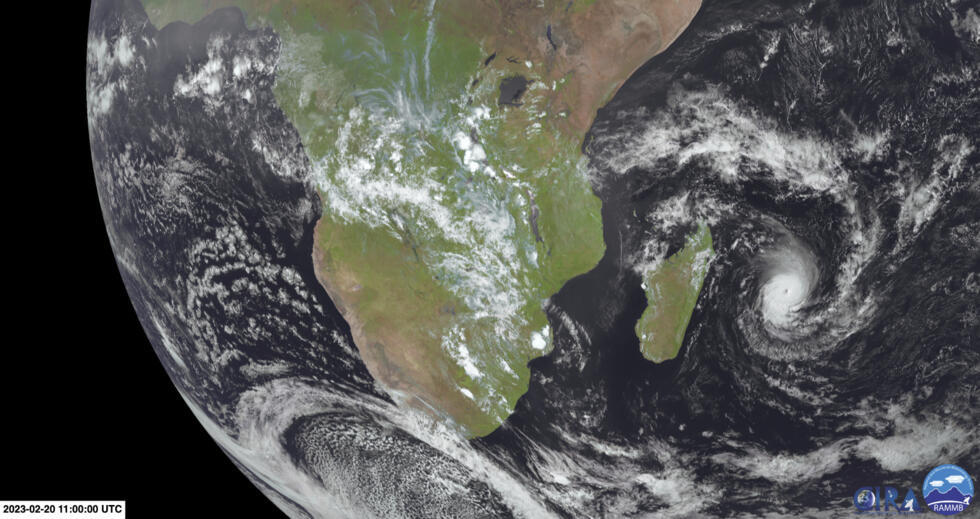
A major opinion survey across Africa shows that many people place primary responsibility for climate action on their national governments. Although the continent has contributed relatively little to global emissions, it is enduring some of the worst effects of climate change.
The survey, carried out by a gloabl team of researchers between 2021 and 2023, covers 39 countries and more than 50,000 people. It was published this week in the journal Communications Earth and Environment.
Its authors focused on the 26,735 respondents who said they had heard of climate change. They were asked who should bear the responsibility for limiting it and reducing its effects.
Nearly half – 45 percent – said their national government should take the lead. Just 13 percent named rich countries, while only 8 percent pointed to businesses and industry.
“There is clearly a desire among many respondents to see their government take more action to protect them and address the problem of climate change,” study co-author Talbot M Andrews, a political scientist at Cornell University, told RFI.
African cotton producers rally against climate shocks and low prices
Surprising results
The view that governments should take the lead was especially common in West Africa. In Nigeria, Liberia and Niger, close to three out of four people gave this response.
“It was surprising for us to see that many people placed so much responsibility on their own government, and that there was so little responsibility attributed to historical emitters, namely industrialists and wealthy countries,” Andrews said.
Although Africa has contributed little to global warming – just 3 percent of historical CO2 emissions since 1750 – its populations are among those most exposed to its impact. The United States alone accounts for nearly a quarter of emissions.

Around 30 percent of those surveyed said that ordinary people in their own countries should carry the most responsibility for responding to climate change. This view was most common in Uganda, Ethiopia, Ghana, Kenya, Tanzania, Madagascar and Zambia.
Four small island states – Cape Verde, Mauritius, the Seychelles and São Tomé and Príncipe – were among the countries where respondents were most likely to name historical polluters.
Researchers suggested this may reflect greater concern over rising sea levels.
Children’s tale takes root in West Africa’s fight to regrow its forests
Education a factor
The authors also found that respondents with higher levels of education or better access to media were more likely to blame developed countries.
“We see that with reduced poverty and better access to media among respondents, responsibility is transferred to historical emitters,” Andrews said.
The way the survey question was phrased may also have shaped how people responded, Andrews added. It wasn’t clear whether they were thinking about mitigation – tackling the causes – or adaptation, which focuses on coping with the effects.
In addition, given how vulnerable many Africans are to climate risks, she said, it made sense that they would prioritise local protection over identifying global causes.
“It’s understandable to see that they want their own government to protect them from these impacts here and now. It’s not just thinking about the causes of climate change."
This story was adpated from the original version in French by RFI's Juliette Pietraszewski







